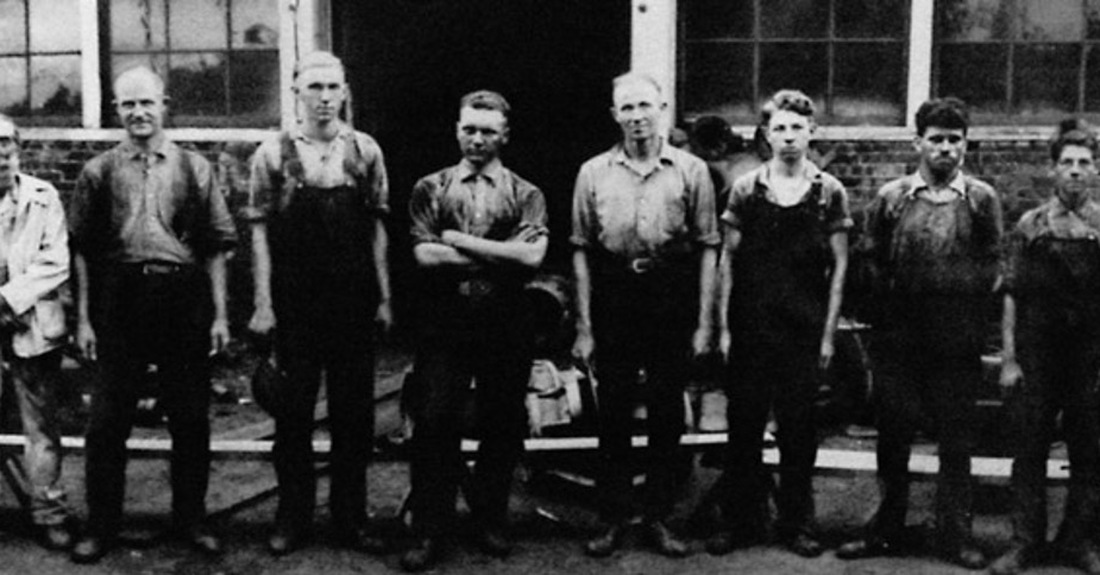
For generations, McWane Ductile has been an industry leader in the manufacture of water distribution and infrastructure products. As our country expanded, so did the need to supply growing cities with clean water and safely remove wastewater.
In 1921, James Ransom (J.R.) McWane organized the McWane Cast Iron Pipe Company in Birmingham, Alabama, to help meet this vital need. Initially, this foundry manufactured small-diameter pipes, but over time, it expanded to produce larger diameters.
Looking to serve an even larger market, McWane expanded throughout the 20th century, carrying on the manufacturing traditions of the past, while modernizing its operations to lead the way to the future.
In 1926, McWane built the Pacific States Cast Iron Pipe Company in Provo, Utah, to serve the rapidly growing western United States.
In 1975, McWane purchased Atlantic States Cast Iron Pipe Company in Phillipsburg, New Jersey, a plant that made its first water pipe in 1856.
In 1985, McWane bought one of the oldest and largest water products companies in the country, Clow Corporation, whose Clow Water Systems Company in Coshocton, Ohio, began operating in 1878.
Most recently, McWane acquired Canron's Ductile iron pipe production assets, which led to the formation of Canada Pipe Company in Hamilton, Ontario, in 1989. The company's modern facilities offer 3" to 36" ductile iron pressure pipe and fittings to meet customers' needs worldwide.
The acquisition of these facilities strengthened McWane's capabilities. McWane brought together the industry's most experienced foundrymen, the latest engineering techniques, a commitment to the health and safety of our team members and our communities, and a willingness to invest capital for the future. By doing so, they created one iron-strong brand known today as McWane Ductile.
With more than 1,000 employees, McWane Ductile is today North America's leading and most experienced Ductile iron pipe manufacturer and supplier. It is a company with a rich history and a vital role in securing America's future water infrastructure for generations to come.

